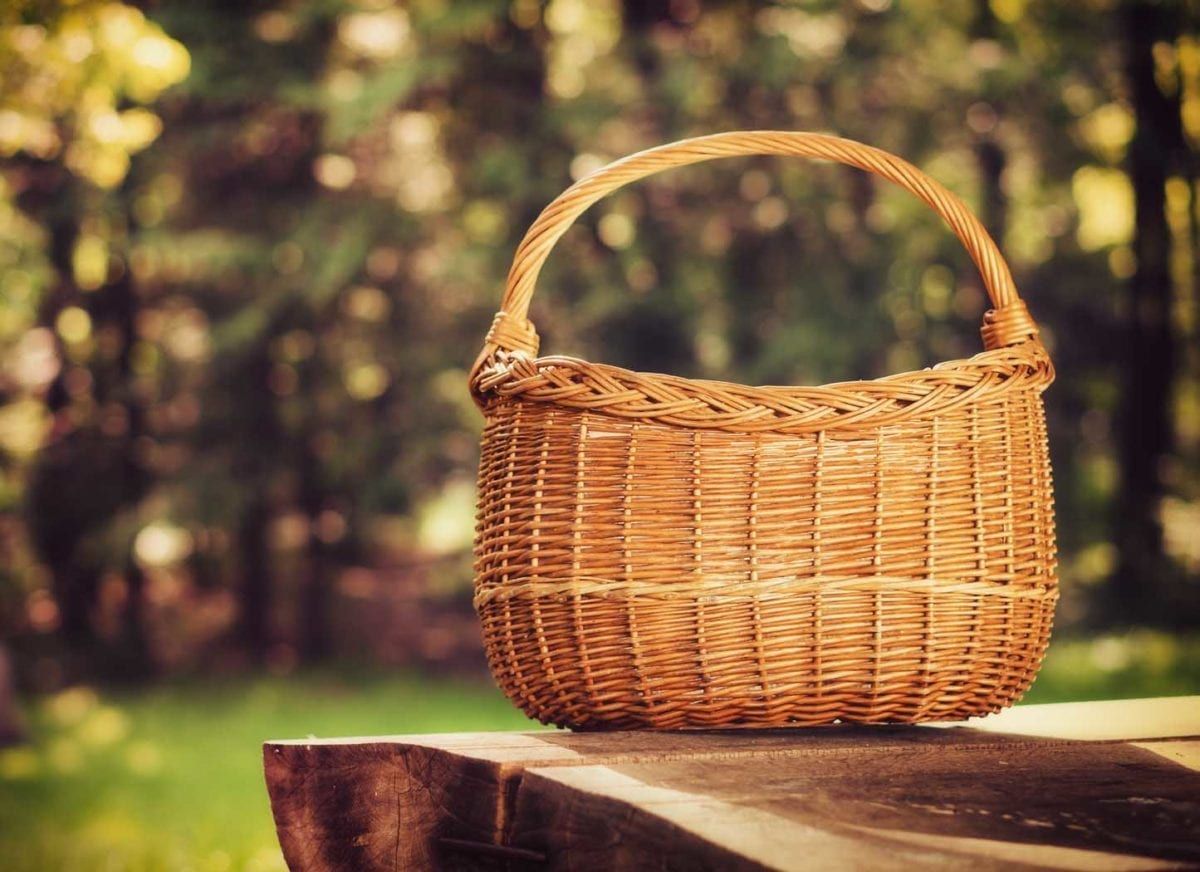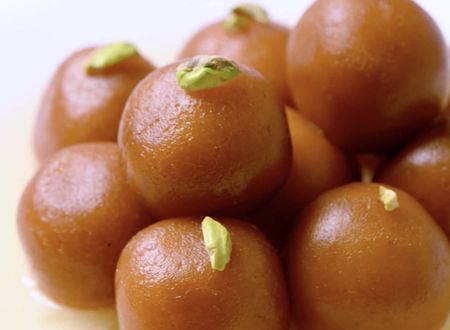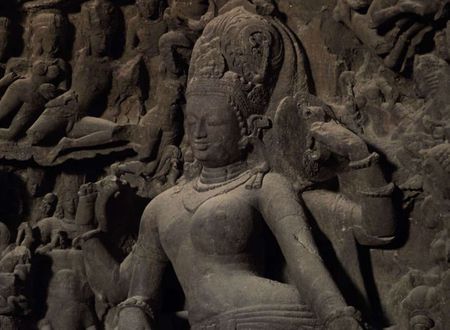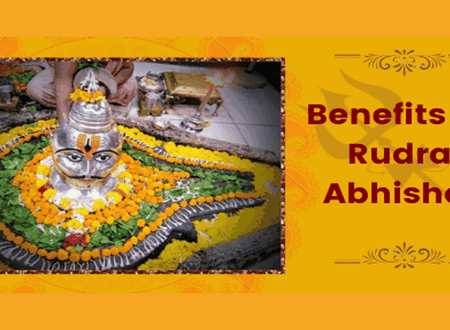Let me start with a Taoist story. Two men, a woodcutter and his apprentice, were passing through a jungle. They came across a huge banyan tree. Like some heavenly object, it stood majestically. Its trunk was wide, its boughs covered a large periphery, and a myriad of long aerial roots almost touched the ground; all in all, an ancient tree.
The young apprentice was very excited. “Look at this tree,” he said. “We need not go any further. It alone can give us the wood we need.”
The experienced woodcutter threw a cursory glance at the tree and did not even bother stopping. “This tree is too old and hard for my ax,” he replied. “The roots are useless and the branches are way too large.”
“It’s worthless. It has nothing for us, son,” he added, “but you know that is the secret of its long life.”
The world can’t affect you when you stand firmly rooted like the ancient banyan tree. Or, it leaves you alone when it doesn’t see value in you. All through one’s life, one is searching for things of value, of worth. First, we are conditioned to value certain things more than others. Then we chase them. The struggle in the process makes the attainment look worthwhile. And finally, we work hard to retain them. We like to preserve what we value.
Often, the more effort it takes to attain something, the more valuable it feels. It’s natural. Think about it. For example, after much toil, it takes someone a year to save a thousand dollars; its value is much greater to him compared with the one who saves that much in a day. The first one has paid a greater price to save those one thousand dollars. What and how you value something is often based on how you price it.
When you learn to value things that are usually ‘nothing’ to the world, you move closer to your inner source of strength. What is practically worthless to most are the prized possessions of a yogi. For example, everyone breathes. It’s not rocket science. Most take it for granted, but a yogi understands breath; he tames his breath. The world doesn’t think much of it, but it is a feat for the yogi.
The bliss is everlasting when it is not conditional, when it is not based on having or losing something. How can you be blissful without attainments? Well, that’s the whole of realization. That’s not all, though. Self-realized people have another important quality. It’s not about meditation or adhering to some tradition; these have barely any connection to the transcendental state. Once again, let me share another anecdote.
In Hinduism, cows are considered sacred and worthy of worship, predominantly because cows were an integral part of human life at one stage. Dairy products provided nutrition, dried cow dung was used as fuel, bulls tilled the farms, drew water from the wells, and transported people and goods. Cows were like pets and more. In our story, set in India, a pig and a cow were talking:
“Why do people worship you but detest me?” asked the pig. “After all, every single part of my body is used when I’m slaughtered. Shouldn’t I be the sacred one?”
The cow replied, “There’s a difference between you and me. I serve when I’m alive, whereas you do it after you’re dead.”
The second sign of an enlightened person is his willingness and capacity to serve selflessly. You may be a business person or a householder, a believer or an atheist, dressed in a robe or in a business suit, it’s immaterial. What matters is what you are doing for others. Religions, traditions, and labels are merely different lifestyles, different perspectives, at the most different belief systems, not much beyond that. Self-realization, however, is where conditioned beliefs die. This is where it all begins.
Someone offers you gold, you value it at nothing. Someone offers you garbage, you price it at nothing. Someone offers you nothing, you still value it because it is no longer about what you are offered or denied. This is the path of Samata, evenness.
When nothing is of value to you, everything becomes worthless, and when you learn to value ‘nothing’, everything life gives you feels priceless. Detachment and dispassion arise naturally. For, you only cling to what you think is worth something, anything. The degree of attachment is directly proportional to the value you place on the object of your attachment.
A self-realized person’s most valuable basket contains nothing. Therefore, what will such a person be attached to? Nothing.
What do you value in your life? People, stuff, everything, nothing?
Peace.
Swami
A GOOD STORY
There were four members in a household. Everybody, Somebody, Anybody and Nobody. A bill was overdue. Everybody thought Somebody would do it. Anybody could have done it but Nobody did it.
Don't leave empty-handed, consider contributing.It's a good thing to do today.









Comments & Discussion
25 COMMENTS
Please login to read members' comments and participate in the discussion.